Ayatollah Ali Khamenei received a meeting of university professors, presidents, and heads of science and technology parks on Wednesday. “Assessment of the present and future needs for science, keeping the current scientific progress, exact implementation of the Comprehensive Knowledge Map, keeping with higher standards of quality in higher education, seriously addressing the links of universities and industrial sector, giving a role to universities in Resistance Economy, promoting the Islamic culture and mentality, improving the political and religious understanding, and giving opportunities to Islamic-minded professors and students are important components conducive to a modern Islamic civilization,” the Leader demanded.
“Universities are centers for educating the future generations of rulers and managers of the country, and their current position and function, if inappropriate or otherwise, will directly wield impact on the country’s future,” added the Leader.
Leader provided the meeting with a comprehensive history of country’s scientific experience in pre- and post-Islamic Iran, and the role of universities in contemporary times especially after the Revolution of 1979, emphasizing that planning by universities and academics to use the scientific legacy of the past should seek to assume a role in establishment of a ‘modern Islamic civilization;’ “
He provided examples of the past elites and scientists fostered in Iranian cultural context as Avicenna, al-Farabi, Zakariya Razi, al-Khwārizmī, and other notable scientists as testimony to Iran’s long history of university tradition and the country’s place in the advancement of different fields of science; “during the history, Iran had been dwelling in the pinnacles of scientific fame, and the trend continued well before Qajar and Pahlavi eras, when specific causes contributed to scientific torpor, and thus Iran lagged behind the Europe which was moving in an increasing pace toward peaks of knowledge,” stated Ayatollah Khamenei.
About the conditions in universities in the past 37 years and the diversity of tastes and political leanings, the Leader asked a rhetoric question how could universities possibly contribute to modern Islamic civilization which is the same as ‘the Utopia of Islam,’ drawing upon the rich historical heritage and invaluable experiences of the Islamic Revolution.
Ayatollah Khamenei called on all higher education officials and deans of universities and research centers to ponder about the question; “all plans for universities should move toward assuming a role in this modern civilization; the necessities of this, however, are accurate information of the current situation of universities by the Ministry of Science and Ministry of Health; mere reports should not provide the base for decision making; rather, the output should be examined by field studies to find out what percent of the objectives has actually been realized,” he emphasized.
“Apart from talented students, the very scientific orientation is also critical; however, these talents would prove devastating in action had the efforts to tame them in line with the morality and spiritual values fail; for example, atomic bomb and colonialism are two most telling examples of the disorientation of the science; we should work to bring morality and spirituality together with science,” emphasized the Leader.
Enriching uranium up to 20 per cent was Leader’s example for excellent scientific capabilities of the indigenous youth; “with nuclear fuel of Tehran reactor depleting, west tried to pose humiliating conditions to us to give nuclear fuel; however, our youth only relied upon their talent and efforts in producing 20-per cent uranium, which was considered a feat of excellence, and which was a real cause of western concerns over Iran’s nuclear program,” he told the meeting.
“Universities should assume a role also in Resistance Economy through knowledge-based companies; however, what was expected has not happened in this field, and only recently had government authorities given their plan for the Resistance Economy; improving self-confidence and hopes to future among the young cohort is a necessity for a serious consideration; we have many reasons to be hopeful, among them being ample opportunities and current place of the country,” Ayatollah Khamenei asserted.
He assessed as the greatest damage the self-abnegation; “underestimating the nation’s capabilities would promote the view that Iran is isolated in the region, while they recognize that Iran has the upper hand in the region; now the colonial measures have assumed different shapes, moving toward changing the minds of the literate elite to achieve their objectives,” the Leader concluded.
SH/2964322



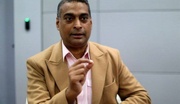

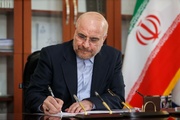

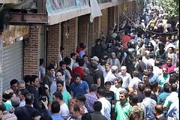

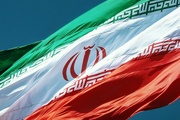
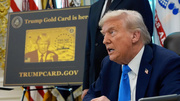
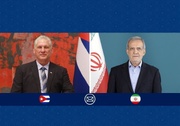
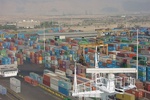
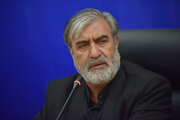
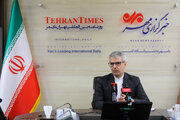
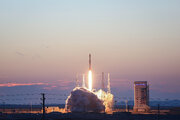


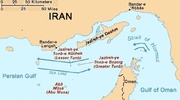




Your Comment